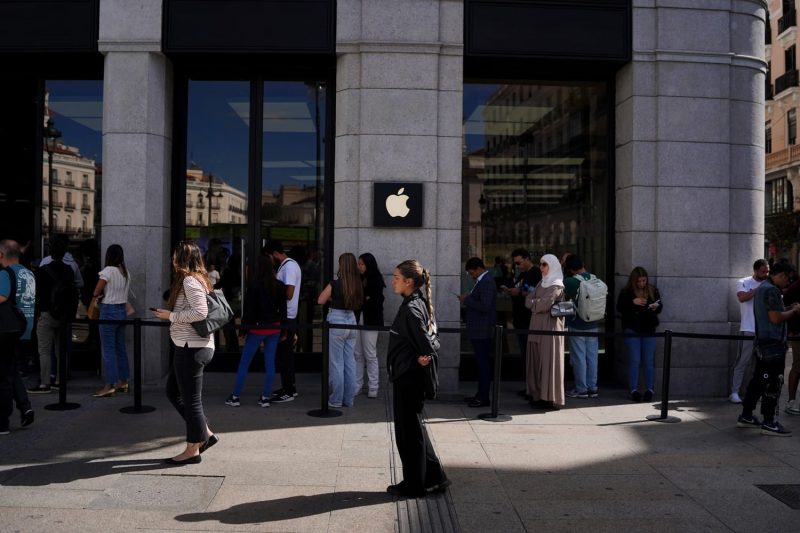European Union Regulators Accuse Apple of Breaching the Bloc’s Tech Rules
The European Union has been at the forefront of implementing regulations to ensure fair competition and protect consumer rights in the ever-evolving tech industry. In a recent development, EU regulators have accused tech giant Apple of breaching the bloc’s rules by abusing its dominant position in the music streaming market. This accusation marks another chapter in the ongoing battle between regulators and tech companies over antitrust issues and market dominance.
At the heart of the matter is Apple’s App Store policies and the company’s treatment of rival music streaming services. The European Commission, the executive arm of the EU, has expressed concerns that Apple may be unfairly disadvantaging competitors by imposing strict rules and fees on developers who offer their services through the App Store. This move is seen as an attempt by Apple to give its own music streaming service, Apple Music, a competitive advantage over other services such as Spotify.
The issue of app store fees has long been a point of contention between tech companies and regulators around the world. Apple’s practice of charging a commission of up to 30% on in-app purchases has faced criticism from developers who argue that these fees are excessive and restrict competition. Regulators in various jurisdictions have been scrutinizing these practices and exploring ways to promote a more level playing field in the digital marketplace.
The European Union has taken a proactive stance in addressing antitrust concerns in the tech industry, with a particular focus on the market power of big tech companies. The EU’s competition commissioner, Margrethe Vestager, has been a vocal advocate for ensuring fair competition and preventing anti-competitive behavior in the digital sector. The latest accusation against Apple is in line with the EU’s efforts to curb unfair practices and uphold the principles of a competitive market.
Apple, for its part, has denied any wrongdoing and stated that it complies with all relevant laws and regulations. The tech giant has emphasized the benefits that the App Store offers to developers, including access to a large customer base and tools for app distribution and monetization. However, critics argue that Apple’s strict control over the App Store limits options for developers and stifles innovation in the tech ecosystem.
As the investigation into Apple’s alleged breaches of EU rules unfolds, the outcome of this case will have far-reaching implications for the tech industry and competition policy in the EU. If found guilty of anti-competitive behavior, Apple could face significant fines and be required to make changes to its business practices. This case serves as a reminder that even the biggest tech companies are not above the law and must adhere to fair competition principles.
In conclusion, the European Union’s accusations against Apple highlight the ongoing challenges of regulating the tech industry and ensuring a competitive marketplace. The outcome of this case will set a precedent for how tech giants operate within the EU and could pave the way for further scrutiny of antitrust practices in the digital sector. Ultimately, the goal is to foster innovation, protect consumer choice, and uphold fair competition in the ever-evolving tech landscape.

